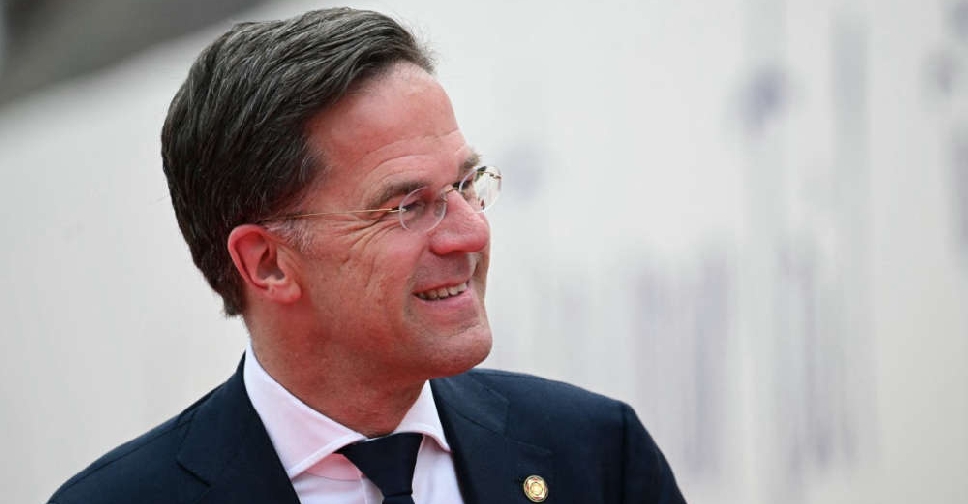
Romanian President Klaus Iohannis withdrew from the race to lead NATO on Thursday, clearing the way for outgoing Dutch Prime Minister Mark Rutte to become the next secretary-general of the transatlantic military alliance.
All other NATO members had already backed Rutte, a staunch ally of Ukraine and outspoken critic of Russian President Vladimir Putin, to take over from Jens Stoltenberg, who is stepping down this year after a decade in charge.
With the war in Ukraine on NATO's doorstep and European nations concerned about the possible return of NATO-critical Donald Trump to the White House, alliance members concluded the highly experienced Rutte was the best person for the post.
As it announced Iohannis's decision, Romania's supreme defence council said it would donate one of the country's two operational Patriot systems to Ukraine, responding to pleas from Kyiv to its allies for more air defence assistance.
Ukrainian President Volodymyr Zelenskiy said Romania's decision "will bolster our air shield and help us better protect our people and critical infrastructure from Russian air terror".
The supreme council, which is chaired by Iohannis, said the president had informed NATO last week of his decision to withdraw and Romania would now support Rutte's candidacy.
With all 32 NATO members now backing the Dutchman, diplomats said they expected the alliance's governing North Atlantic Council to formally select him for the post in the coming days.
Rutte will face the challenge of sustaining allies' support for Ukraine's fight against Russia's invasion, while guarding against any escalation that could draw NATO directly into a war with Moscow.
Under Rutte, the Netherlands has in recent years ramped up defence spending above NATO's target of 2 per cent of GDP. It is providing F-16 fighter jets, artillery, drones and ammunition to Kyiv as well as investing heavily in its own military.
Norwegian ex-premier Stoltenberg's term at the helm of NATO will end on October 1. He took office in 2014, just a few months after Russia annexed Crimea from Ukraine.
Stoltenberg oversaw NATO's shift from an alliance mainly engaged in crisis management missions in far-off places such as Afghanistan back to its roots of defence against Russia.
Four countries have joined NATO since Stoltenberg took office - Montenegro, North Macedonia, Finland and Sweden.
By giving the top job to Rutte, the alliance will pass up the opportunity to appoint a first female secretary-general - something multiple member states had said they were keen to do.
Estonian Prime Minister Kaja Kallas was widely considered a contender for the role, with strong support from eastern European countries. But she was seen as too hawkish towards Russia by some western member states.
Kallas is now the leading candidate to be the next European Union foreign policy chief, according to diplomats.
Iohannis, whose second term as Romanian president ends this year, has repeatedly said eastern European states need better representation in Euro-Atlantic leadership roles.
Romania, a member of both NATO and the European Union, has raised defence spending to 2.5 per cent of gross domestic product in response to Russia's invasion of Ukraine.




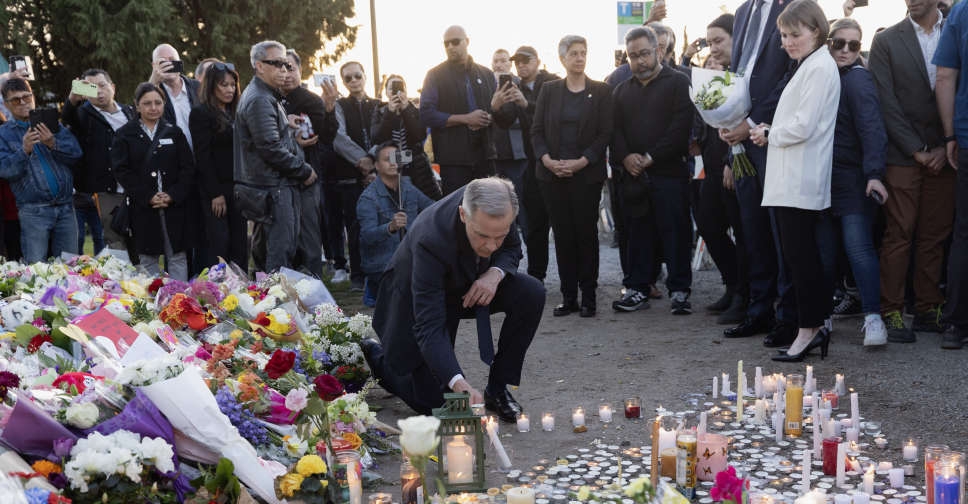 Vancouver man charged with murder for attack on Filipino festival
Vancouver man charged with murder for attack on Filipino festival
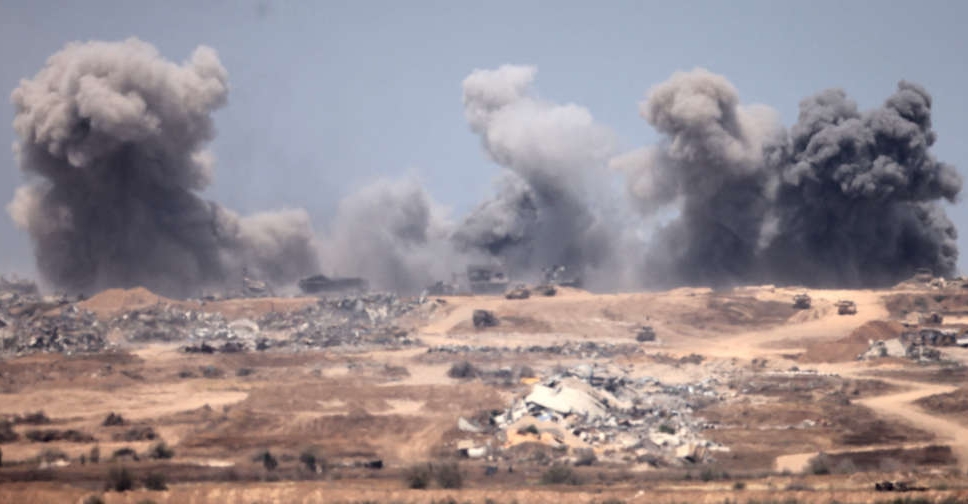 Qatari PM: Ceasefire talks on Gaza show signs of progress
Qatari PM: Ceasefire talks on Gaza show signs of progress
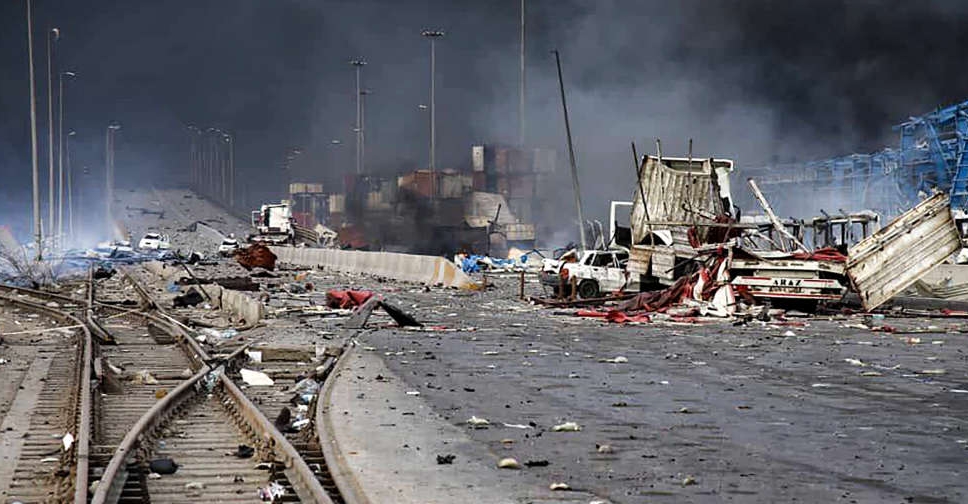 More than 700 injured in Iran's explosion
More than 700 injured in Iran's explosion
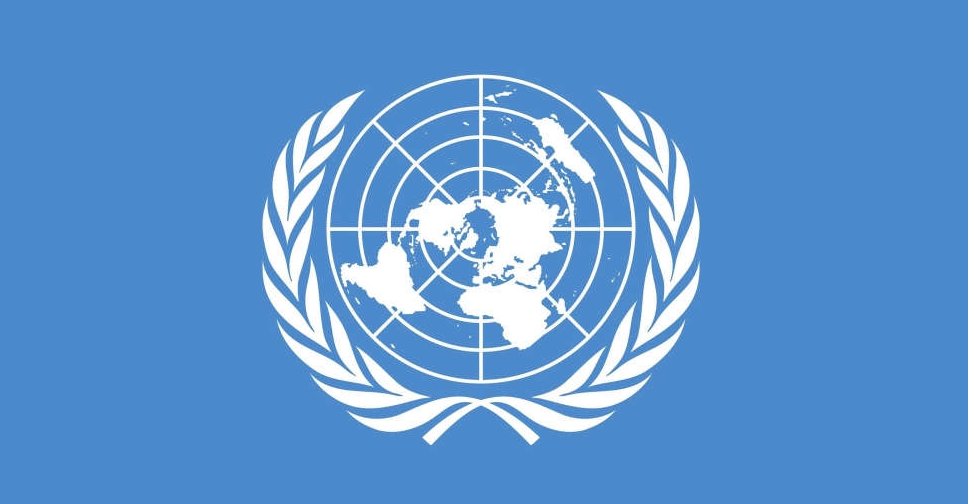 UN warns funding cuts threaten vital aid
UN warns funding cuts threaten vital aid


